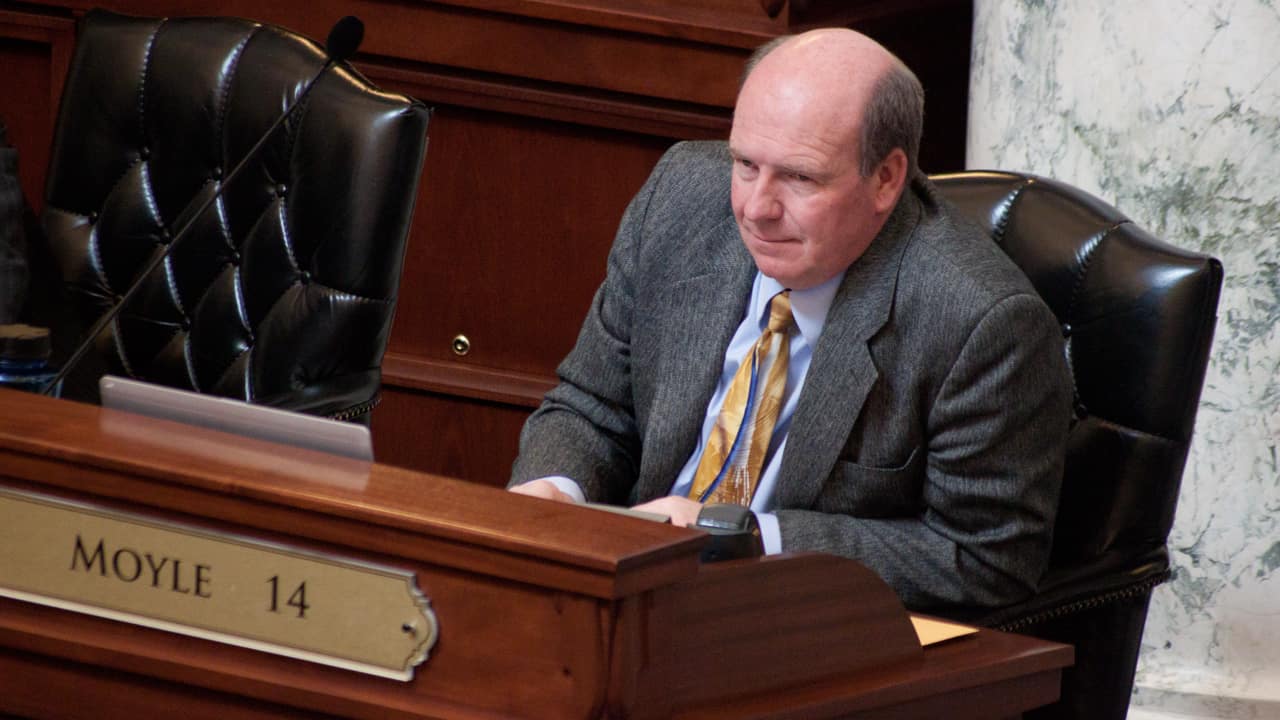


A proposal in the Idaho House of Representatives would do great things for Idaho’s economy and workers. House Bill 311 would get rid of the state’s silly system of taxing groceries. Equally important, it would lower the top marginal income tax rate from the stratospheric 7.4 percent to a much more respectable 6.7 percent.
By eliminating the tax on groceries, Idahoans would see instant relief on their store purchases. Under Idaho’s current tax system, Idahoans pay a 6 percent sales tax, but we’re given a “grocery tax credit” on our income tax return many months later. That grocery tax credit--$100 per person or $120 for seniors—often doesn’t come close to covering the sales taxes we’ve paid.
Worse, it forces Idaho families who need their money today to do without those funds until tax filing season. Additionally, because people on food stamps don’t have to pay sales taxes on their grocery purchases, there’s a perverse incentive for poor people to go onto food stamps in order to increase their purchasing power by 6 percent.
Eliminating the tax on food would keep millions of dollars in the economy, boost the purchasing power of Idahoans and help make a difference for border state communities in Idaho that are at a competitive disadvantage to towns in eastern Oregon and Washington, where food is sold without a sales tax.
Idaho’s 7.4 percent marginal income tax rate has long been an impediment to our state’s economic growth. Businesses don’t want to locate here because of it. People who are free to locate anywhere in the country often choose other states over Idaho because our income taxes are confiscatory by comparison. Those people and businesses wanting to locate here find their purchasing power diminished by a tax policy that penalizes success.
By lowering the top marginal income tax rate, the state would finally be competitive when it comes to inviting businesses here. We’ll start being in the ballpark with other states in the region that presently have a lower income tax than Idaho. It will be attractive to people with job mobility. Additionally, lowering the tax rate means more money in the economy, which can then be used for more economic activity by businesses and employees, more capital investment and higher wages.
However, House Bill 311 comes with a bitter pill; it includes a 7-cent per gallon increase in the gas tax to help put more money into the state’s roads and bridges. This provision is troubling.
But on the whole, the combination of the lowering of the top marginal income tax rate and the elimination of the hated grocery tax is a net positive for Idaho taxpayers. Additionally, while House Bill 311 represents a tax increase in Year 1, in the second and all subsequent years, it represents a tax cut that stands to benefit nearly all Idahoans.
For too long, Idahoans have suffered under a tax policy that hurts people and holds our economy back. For once, state lawmakers are considering a bill that has the potential to do our state tremendous good. Hopefully, state lawmakers will recognize the proposal for the potential that it holds.


